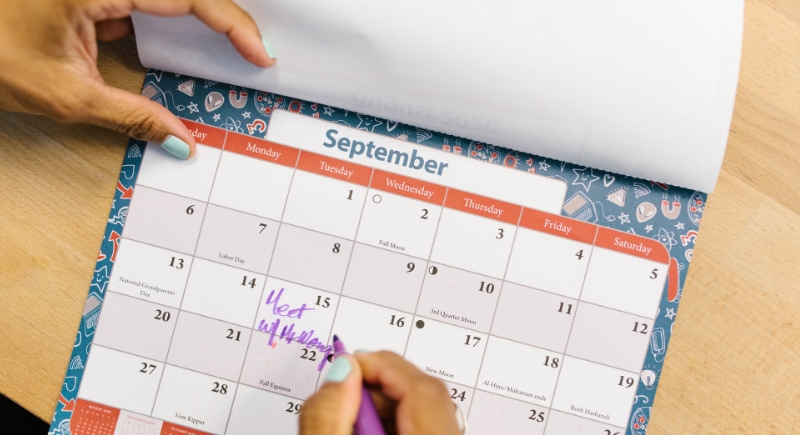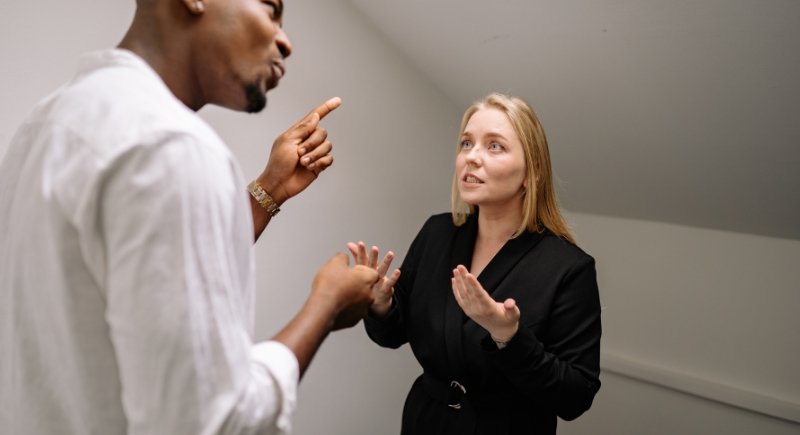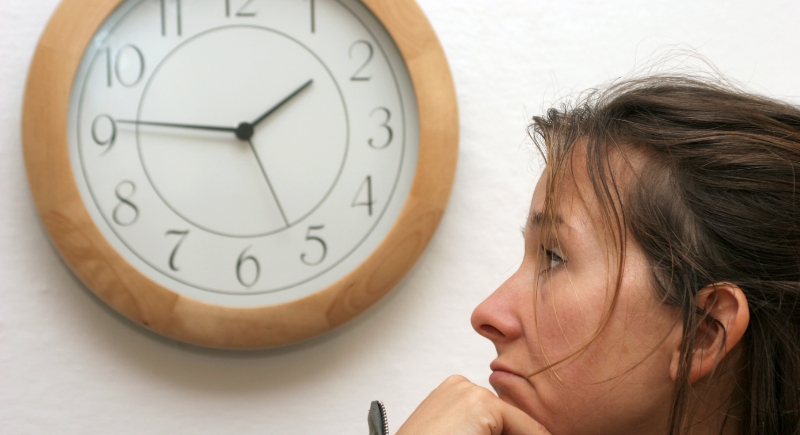15 signs your crush has actually become a toxic fixation
Strong feelings can make you believe you’re just deeply interested in someone. However, certain patterns suggest that it may not be admiration that you feel for them, but a need to control or escape. If the connection feels one-sided, but you still can’t pull away, you may need to take a step back.
Here are some signs that can help you tell the difference between genuine affection and emotional fixation.
You Check Their Online Activity Too Often

Credit: pexels
Tapping into their profile multiple times a day can start to feel like a habit you can’t break. This attitude usually stems from wanting reassurance through small digital signals. But constant checking builds a feedback loop that reinforces emotional dependence. Try removing shortcuts or muting notifications to interrupt the pattern.
You Assign Big Meaning to Small Moments

Credit: Getty Images
A quick smile or a one-word reply should not carry the weight of emotional commitment. But when attraction turns obsessive, you start interpreting tiny details as secret signs. This mindset creates confusion and disappointment when reality doesn’t match the stories you made up in your head.
You Lose Interest in Your Own Life

Credit: pexels
When your time, thoughts, and emotional energy start circling around one person, your own world can shrink. This is what experts call a loss of personal direction. But real affection encourages independence and respect for each person’s space. If your passion for life dims because of an individual who isn’t even involved with you, it’s time to reset your focus.
You Justify Bad Behavior Instead of Noticing It

Credit: Canva
It can feel deeply disorienting to stay attached to someone who repeatedly makes you feel dismissed or overlooked. You know something isn’t right, but the emotional pull makes it hard to let go. That’s when rationalizing kicks in. They cancel plans, ignore messages, or flirt openly, and you explain it away.
You Change Your Schedule Just to See Them

Credit: pexels
Grabbing coffee at their regular café, signing up for their gym, or rerouting a commute to pass by their office might not seem like much at first. Over time, though, these changes start to revolve around their presence, not your own priorities. This pattern chips away at personal autonomy. A better approach is to plan your day around your own interests and commitments.
You Overlook Red Flags

Credit: pexels
Dismissive comments, inconsistent behavior, or emotional unavailability may go unnoticed when attraction takes over. This is basically selective attention shaped by hope. Studies in cognitive bias show that people in early infatuation minimize negative traits to preserve the fantasy. Recognizing patterns that make you uncomfortable is necessary if you want something built on mutual respect.
You Feel Upset When They Don’t Respond Fast

Credit: Getty Images
Everyone has different habits when it comes to replying. If a delay makes you feel panicked or ignored, that may say more about your internal state than their actions. Attachment anxiety usually triggers this need for quick replies. Consider what you fear when they don’t write back. Understanding your emotional patterns helps you create better boundaries.
You Experience Sharp Mood Swings Around Them

Credit: pexels
One message gives you a high, but a missed reply leaves you deflated. When your mood shifts wildly based on their attention, your emotions are being dictated by something you can’t control. That kind of emotional volatility points to a deeper imbalance.
You Try to Mirror Their Interests and Habits

Credit: Canva
At first, it seems harmless to listen to their favorite band or try out their hobbies. But when you alter your personality or preferences to match theirs, you lose sight of what actually suits you. That kind of mimicry may seem like bonding, but it’s built on approval-seeking.
You Stop Being Honest About What You Want

Credit: Canva
Keep in mind that hiding your needs to keep them around doesn’t strengthen the connection, but erodes your sense of self. Acting agreeably or with low maintenance out of fear may prevent short-term conflict, but it builds long-term resentment and confusion. Speak clearly about what matters to you because anyone worth your time will want to hear it.
You Feel Stuck Even Though Nothing Is Happening

Credit: Getty Images
There may have been little to no real interaction, but they occupy your thoughts like someone much closer. That kind of fixation usually comes from what they represent, which could be a sense of comfort, distraction, or worth. This keeps you stuck in one place, hoping, waiting, and imagining.
You Know It’s Unhealthy, But Can’t Stop

Credit: pexels
Start by breaking the routine in small, consistent ways, like going for a walk, writing down what you’re thinking, or talking to a person you trust. Such actions help you redirect attention with intention. The goal here isn’t to shut it down overnight, but to slowly give your mind something else to reach for.
You Obsess Over Their Interactions with Others

Credit: Getty Images
Seeing them like someone else’s photo or chatting casually with another person sends your thoughts spiraling. You wonder if you’ve been replaced or overlooked. After all, jealousy typically reflects the fear of being excluded. Instead of jumping to conclusions, pause and ask what the moment actually means.
You Feel Drained More Than Excited

Credit: pexels
Rather than feeling energized by your interest in them, you might feel emotionally exhausted. You scroll their feed late at night, question your own actions, or feel anxious after any interaction. A crush should add something light or fun to your life, not leave you second-guessing yourself.
You Focus Too Much on Your Appearance Around Them

Credit: pexels
According to research, appearance-based self-worth tends to lead to higher levels of anxiety and lower relationship satisfaction. When a crush takes over your thoughts, that anxiety can show up in the mirror. Outfits become carefully calculated, small flaws feel exaggerated, and confidence depends on how attractive you think you are to them.